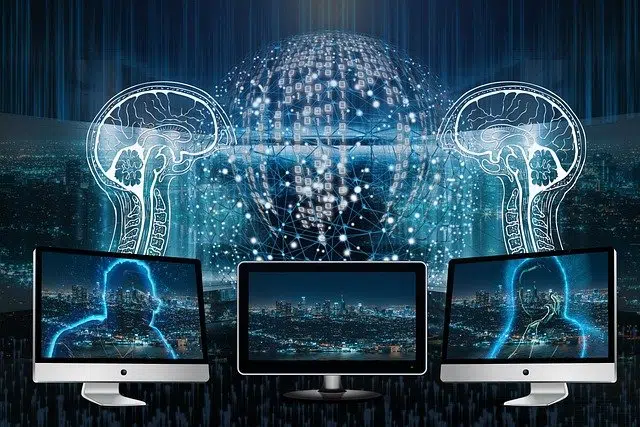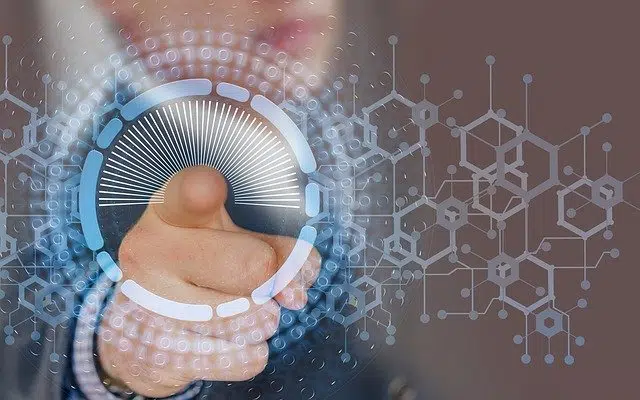
Technoethics studies the moral aspect of the use of technological systems and devices.
The notion of technoethics is not part of the dictionary of the Royal Spanish Academy ( RAE ). However, its use is frequent in academic settings and even often appears in the media.
The concept refers to the link between technology and ethics . In other words, technoethics is a discipline that analyzes the moral dimension of the use of technological devices and systems .
Characteristics of technoethics
It is an area that integrates philosophy , communication sciences, computer science and other sciences. Its purpose is to study the ethical aspects of technological practices , examining how these practices influence contemporary society.
Through technoethics, the aim is to promote the ethical use of technological resources to improve society . At the same time, we seek to avoid misuse of technology that threatens people's health and well-being.
It is important to keep in mind that technology is already fully integrated into human daily life. That is why the application of its advances must be governed by ethical criteria that guarantee adequate use of innovations.

Technoethics analyzes the ethical dimension of technological practices.
Its scope
Technoethics contemplates issues such as the dissemination of personal data on the Internet , the establishment of virtual relationships, the scope of genetic engineering, the importance of artificial intelligence and the exercise of citizenship through digital means, for example. The tools provided by technology can be used to benefit progress, but also to commit crimes or accentuate inequality. Ethical reflection about these phenomena, therefore, is essential.
Many experts from various fields have been reflecting on this topic for decades, as can be seen in numerous essays and even in works of fiction that show us the potential consequences of the misuse of technology. Technoethics is nothing more than the transfer of the concepts of traditional ethics to a new level and its inevitable adaptation to its characteristics.
The importance of technoethics
Human life has changed considerably since the spread of computing and the Internet, although sometimes we are not aware of the magnitude of this change. Partly because the science fiction stories of the last century promised us a third millennium characterized by tight clothing and houses suspended in outer space ; It is true that we do not have that, but we can access an incalculable and growing volume of information from a telephone, glasses or a wristwatch, which are also capable of projecting three-dimensional models on reality to increase it , communicate through audio and video with other people and much more. Isn't this as impressive and radical as tight clothing in the cosmos?
As expected, given that this concept addresses current reality and is not a study of history, technoethics must be put into practice both to organize issues related to existing technology and when creating new ones. Experts in this field must debate the objectives and ways in which each proposed technology could serve humans. This is similar to what happens with security forces and the judicial system, which are designed to protect society but also to prevent dangerous situations.
In this sense, this fusion of disciplines has the appropriate knowledge to help professionals dedicated to purely technical roles make better decisions, so that their creations promote a productive and beneficial use of technology. Of course, users must also receive this training to assume the responsibility of accessing these benefits .
